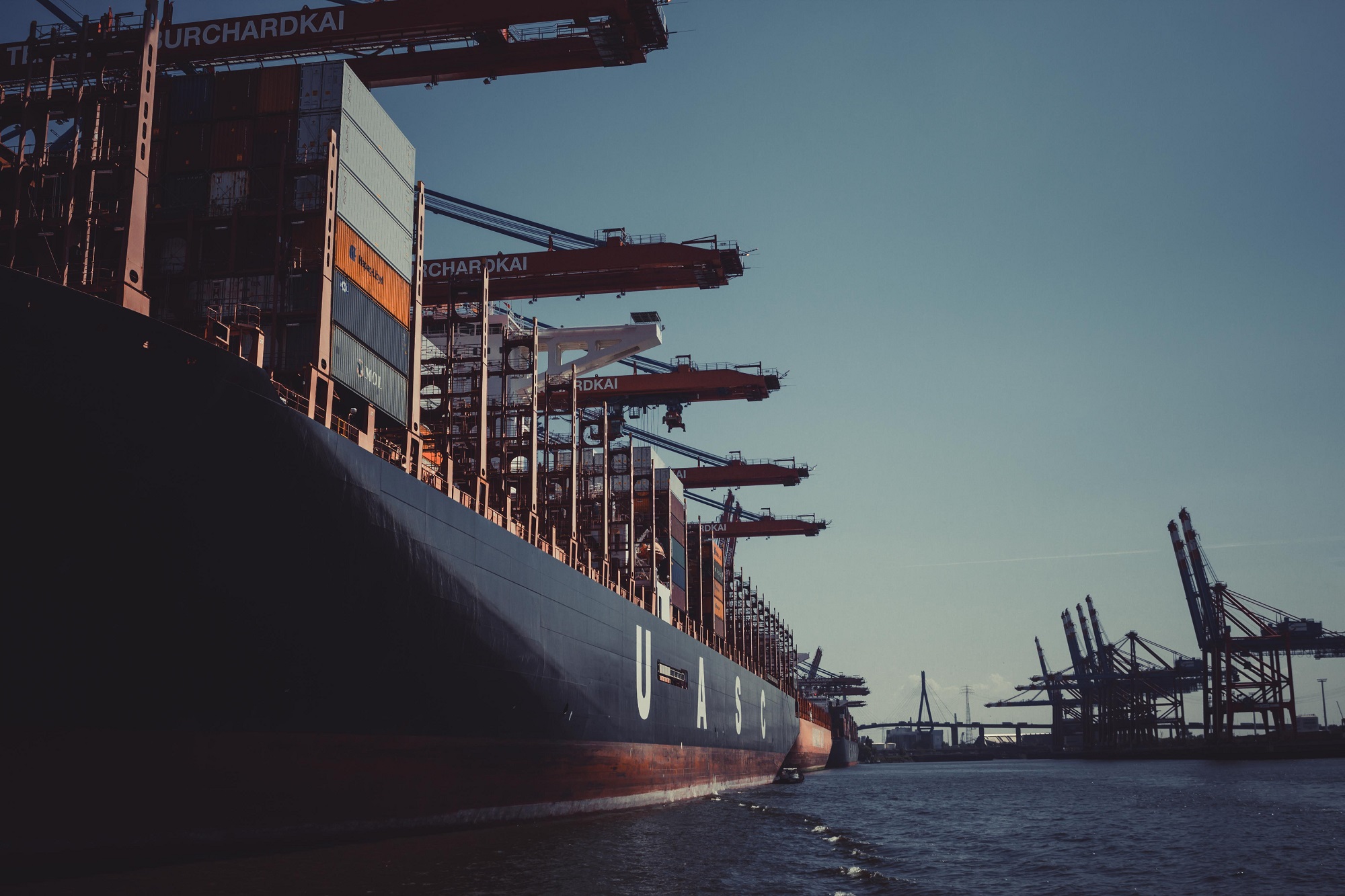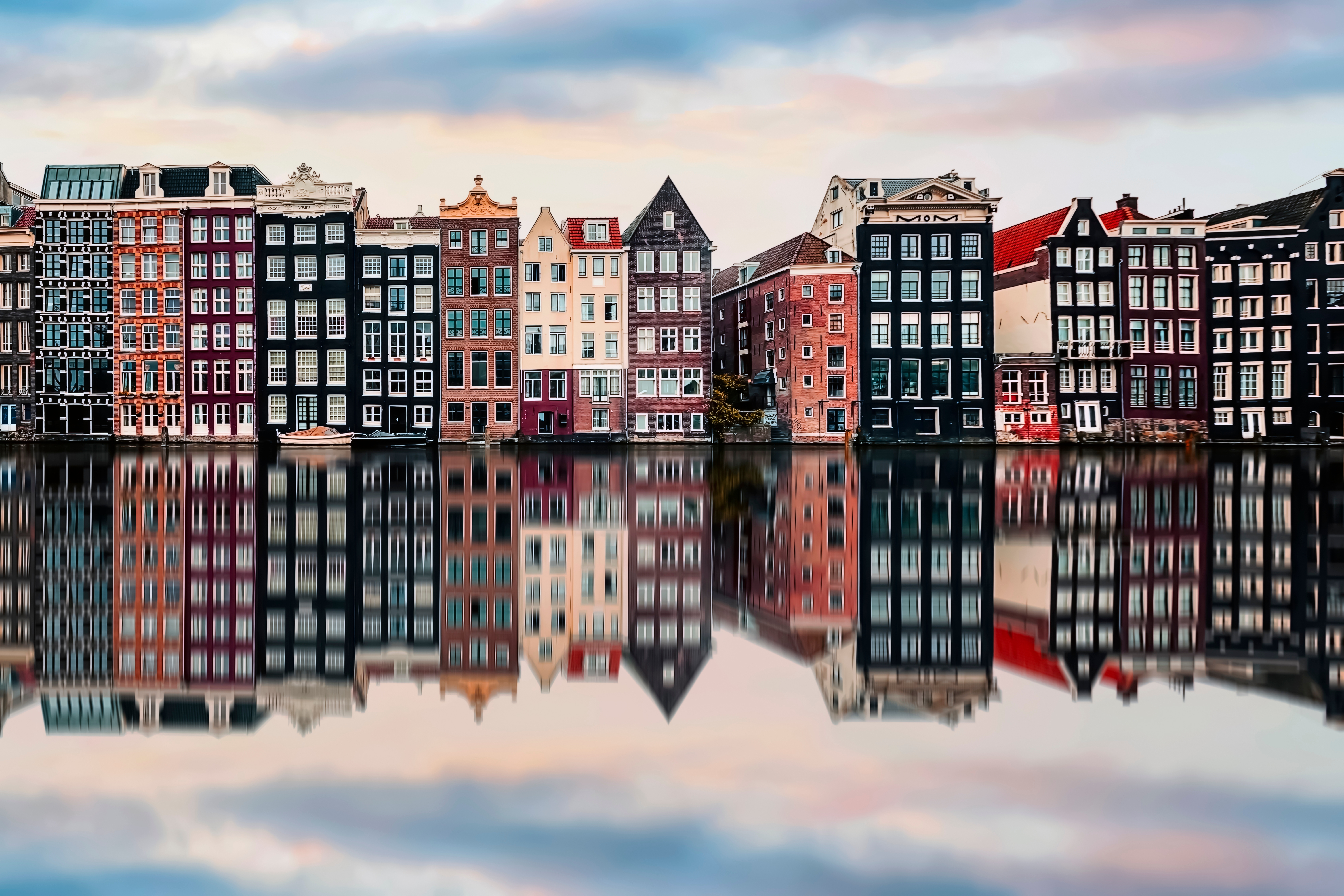On December 31, 2020, the agreed upon transition period will end and the United Kingdom (UK) will leave the European Union (EU). Both parties are currently negotiating a deal, but time is running out. Being part of the EU has advantages, one of which is the free movement of goods between EU Member States. The principle of free movement of goods will be a key issue after Brexit.
Without the possibility to move goods freely between the EU and the UK, those flows of goods will become subject to customs obligations. Trade between the EU and the UK could become subject to the same obligations as would apply to trade between for example the EU and the United States. Many changes will occur for businesses that trade with the EU. What are the points of attention when trading goods between the EU and the UK if the free movement of goods no longer applies? We will elaborate on this question from the perspective of companies that operate from the EU and, in particular, those operating from the Netherlands.
Avoid additional obligations by using the right Incoterms
Without the free movement of goods between the EU and the UK, trade will become subject to customs formalities. One of the most important items that must be considered in all relations involving trade with the UK, is the commercial conditions agreed upon with your customers and suppliers. In international trade, the Incoterms set by the International Chamber of Commerce are often used. These Incoterms establish specific contractual conditions and obligations for both parties, such as the question of which party is responsible for the transport, the insurance of the transport, and the customs clearance.
If goods are sold and transported from the EU to the UK, it may therefore be preferable from a VAT and customs perspective, to agree on Incoterms which make the UK customer responsible for customs formalities in the UK. Similarly, from a practical point of view, you may in certain cases prefer an agreement under which the UK supplier who sells and ships goods to a customer in the EU, is responsible for customs formalities in the UK.
Example
If a Dutch company sells goods using the Incoterm DDP UK, the Dutch company is responsible for the customs clearance of the goods in the UK. This means that the Dutch company may incur customs and VAT obligations in the UK. The import and the subsequent sale must be reported for VAT in the UK. Therefore, it may be preferable in this situation to agree upon an Incoterm such as DAP, which would make the UK company responsible for the customs clearance of the goods in the UK.
Customs formalities will arise
When trading goods with the UK, goods will be exported out of, or imported into, the Netherlands. This will trigger customs formalities such as customs declarations, import and export licenses, authorisations for customs simplifications or procedures, valuation of the goods, and a requirement to apply for an Economic Operators Registration and Identification number (EORI number). In addition to these formalities, please be aware that, due to customs regulations, goods might also be subject to additional inspections by the Customs authorities. This may delay your delivery.
Making arrangements with the right logistics and customs parties before Brexit is finalised, may prevent increased costs, as well as minimising delays caused by customs formalities. It should also ensure adequate support if problems do arise.
Cashflow advantage upon import
When importing goods from a non-EU country into the Netherlands, import duties and import VAT are due immediately. In the event of a hard Brexit, this will also be the case for UK companies importing goods into the Netherlands. A special import facility is available in the Netherlands. If a company has an import VAT deferment license, the Dutch import VAT due does not have to be paid at the moment of import. Instead, it should be reported as VAT due in the Dutch VAT return. If the company has a full right to deduct VAT, there is, on balance, no VAT due as the import VAT can be reclaimed in the same VAT return. This is beneficial for the cashflow of the company, as the import VAT does not need to be paid and financed upfront at the moment of import. This license is available for all companies that import goods into the Netherlands, irrespective of where they are established. We would be pleased to assist your company in this matter.
Make sure that you’re ready!
It may not be possible for you to adjust existing contractual agreements. If, as a result, your company becomes responsible for the customs clearance in the UK or in the EU, please make sure that you obtain proper advice about the applicable obligations. By doing so, costly problems or disruptions to your operations can be avoided. If you haven’t started preparing yet, please do so as soon as possible.
We would be happy to assist you, in close cooperation with the VAT and customs experts of the Baker Tilly Member Firm in the UK. If you would like to discuss your business or gain more insight into how to arrange your contracts in order to be prepared for Brexit, feel free to contact us.
This content was published more than six months ago. Because legislation and regulation is constantly evolving, we recommend that you contact your Baker Tilly consultant to find out whether this information is still current and has consequences (or offers opportunities) for your situation. Your consultant will be happy to discuss the latest state of affairs with you.
Other insights
-
EU Deforestation Regulation (EUDR): stringent rules for importers, operators and traders
-
Customs Talks: How the new EU Deforestation Regulation (EUDR) will impact business with the UK
-
Budget Day 2024: overview of the new tax plans & proposed legislation





